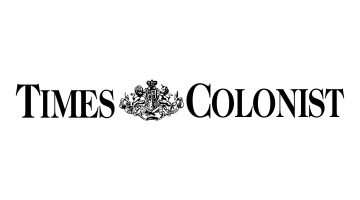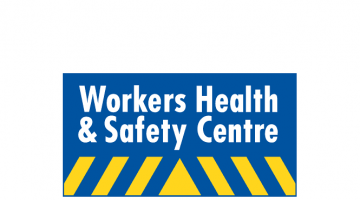Cost and benefits
Questions about costs and benefits sometimes matter to practitioners and policy-makers in occupational health and safety and disability management. Economic evaluation studies at IWH calculate the costs and benefits of injury, illness and disability prevention programs, both workplace-based and at the systems level. Findings from these studies, and discussions about how and what to measure in economic evaluations, are pulled together here.
Featured

IWH Speaker Series
Estimating the financial benefits of OHS spending: a study of Ontario employers
Published: February 14, 2023

IWH Speaker Series
Development and implementation of a framework for estimating the economic benefits of an accessible and inclusive society
Published: February 8, 2022
Journal article
Journal article
What do employers spend to protect the health of workers?
Published: Scandinavian Journal of Work, Environment & Health, April 2019

IWH in the media
Despite ban, asbestos lingers and takes a toll decades later
Because decades might pass before a person exposed to asbestos develops mesothelioma, asbestosis or the other related diseases, health professionals believe the number and costs of asbestos-related cancers and disease will continue to rise, writes Monique Keiran in a column that cites Institute research.
Published: Times Colonist, January 2019

IWH in the media
Research looks at cost-effectiveness in silica dust exposure fight
Personal protective equipment (PPE) is not always the most cost-effective means of protecting workers from dangers associated with exposure to silica dust, writes Don Proctor, reporting on the findings of an IWH study.
Published: Daily Commercial News, January 2019
Project
Project
Estimating the financial benefits of OHS prevention expenditures: a study of Ontario employers
Status: Completed 2022

IWH in the media
Research on silica exposure controls finds PPE comes at a cost
Research estimating cancers averted and intervention costs of two silica control measures offers an important new perspective on the control of occupational cancers. Among the compelling findings, researchers concluded that personal protective equipment (PPE) is not the most cost-effective method of protecting workers from silica exposures, calling into question the common practice of providing PPE to workers exposed to hazardous materials.
Published: Workers Health & Safety Centre, December 2018

At Work article
Calculating the costs of employers’ work-related injury prevention efforts in Ontario
You often hear OHS professionals and advocates talk about the costs of work-related injuries. But what about the costs of preventing the injuries? An IWH research team recently set out to calculate employer OHS investments in Ontario.
Published: November 2018

Issue Briefing
What do employers spend to protect the health and safety of workers?
While the financial costs of work-related injury and illness are well known, limited information is available on what employers spend to control or eliminate the causes of work-related injury and illness. This Issue Briefing describes the results of a 2017 study to estimate occupational health and safety expenditures among employers from 17 economic sectors in Ontario, Canada.
Published: September 2018
Journal article
Journal article
The economic burden of occupational non-melanoma skin cancer due to solar radiation
Published: Journal of Occupational and Environmental Hygiene, September 2018

At Work article
Benefits outweigh costs for workplaces that accommodate people with mental illness
For employers, the economic benefits of hiring and accommodating workers with mental illnesses range from two to seven dollars for every dollar spent. That's according to a new study on the business case of accommodating mental illnesses.
Published: July 2018

At Work article
IWH study estimates costs of non-melanoma skin cancers due to sun exposure at work
IWH economist and senior scientist conducted the first estimate of the economic burden of non-melanoma skin cancers from work-related sun exposure in Canada.
Published: April 2018